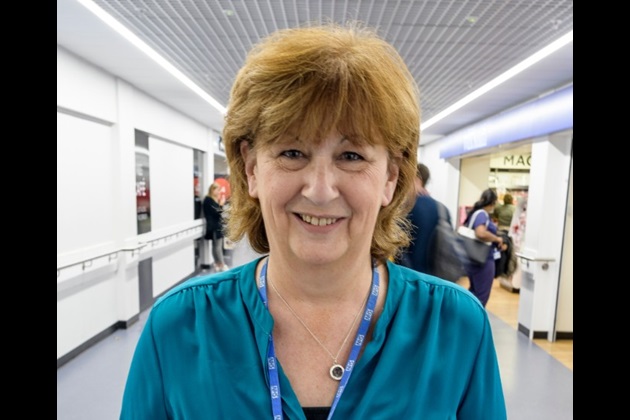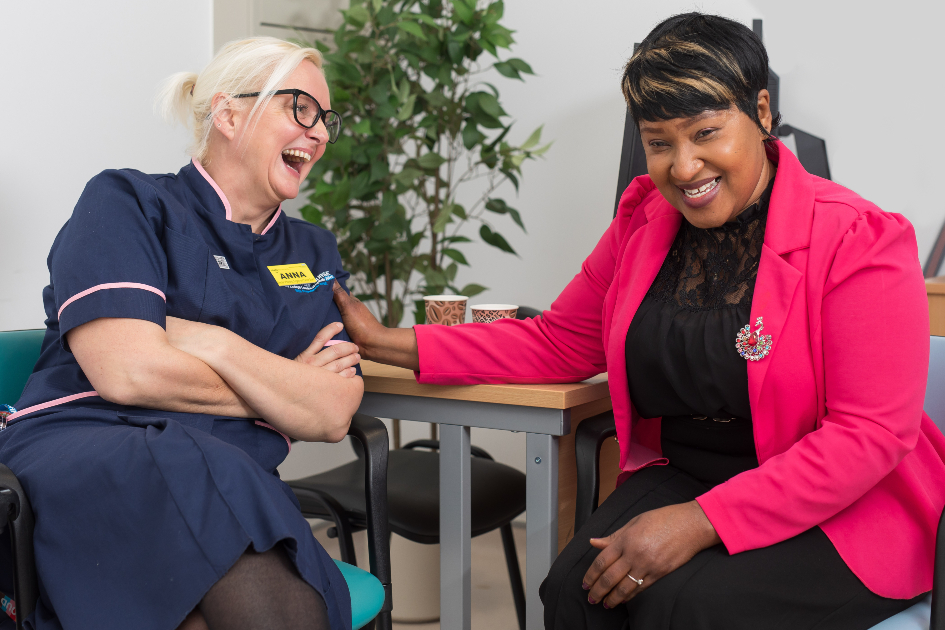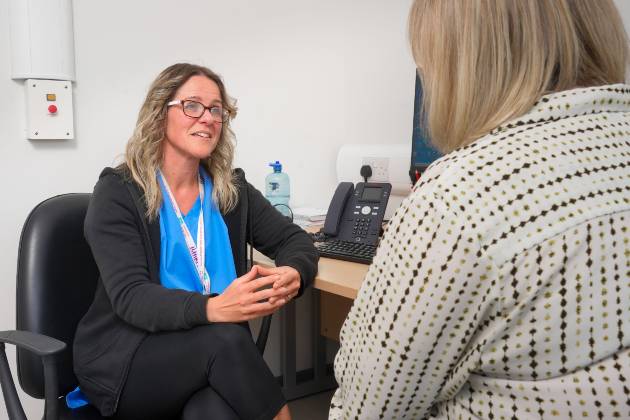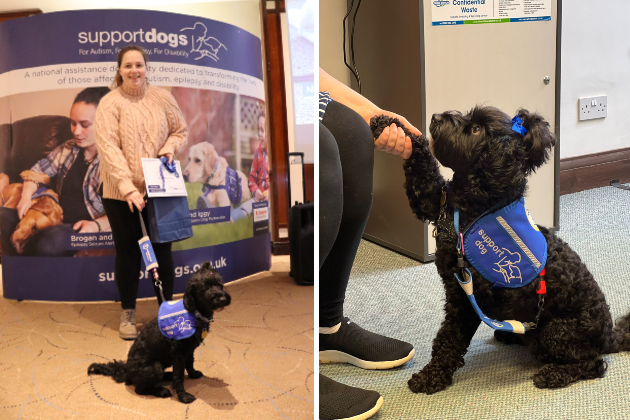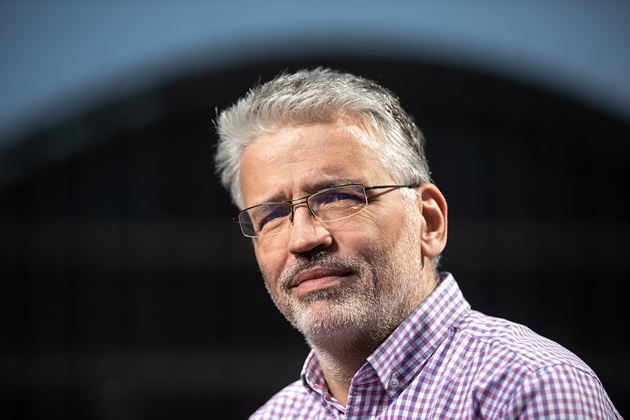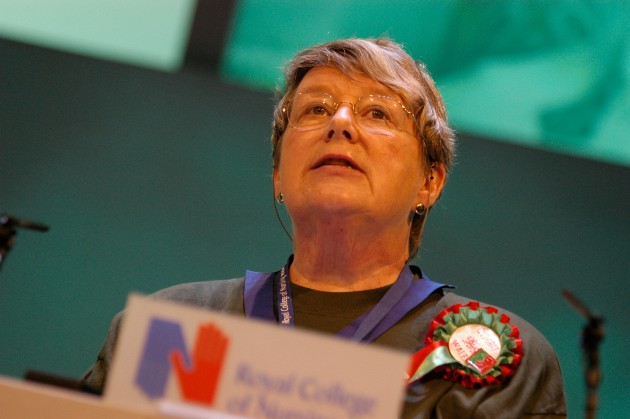When you think of dementia, young, otherwise healthy people aren’t the first who come to mind. Though it is more rare for people under 65 to develop such cognitive disorders, it is estimated that there are more than 40,000 people in the UK who have been diagnosed with younger onset dementia. It is the unforeseen element of the condition that can make it all the more devastating and difficult to deal with.
While working as a psychiatric nurse, RCN member Fiona Chaabane was struck by how little dedicated support there was for this group of people.
“It is much more difficult to diagnose cognitive disorders in younger age groups, with symptoms often attributed to stress or depression,” she says. “Once a diagnosis has been made, it’s then unclear where and how people should be treated. They’re often squeezed into other services with their specific needs unmet.”
No man’s land
Currently, older people’s mental health services are focused on the majority care group, those aged 65 and over. Services aren’t set up to respond to the needs and complexities of younger patients.
On the other hand, adult mental health services won’t necessarily have the required specialist experience either. The result, Fiona says, can be that patients find themselves in no man’s land.
People are often squeezed into other services with their specific needs unmet
“Someone with younger onset dementia might only be in their 40s, with an active life, young children and a full-time job,” Fiona explains. “A diagnosis like this will be unexpected and completely life-altering for them and their family. They need ongoing support to help them adapt and to find specialist services.”
While there are pockets of dedicated services across the UK, they can be difficult to access, or even find out about, if you don’t live in the area.
In response to this, Fiona developed a service improvement programme at Southampton General Hospital to improve outcomes for patients living with younger onset cognitive disorders. Following its success, Fiona now works as a dedicated care co-ordinator supporting patients diagnosed with younger onset cognitive disorders to navigate their illness and the care system.
She regularly visits people in their homes, can attend medical appointments with them as an expert liaison, signposts them to appropriate services and acts as a first point of contact for any queries or advice needed.
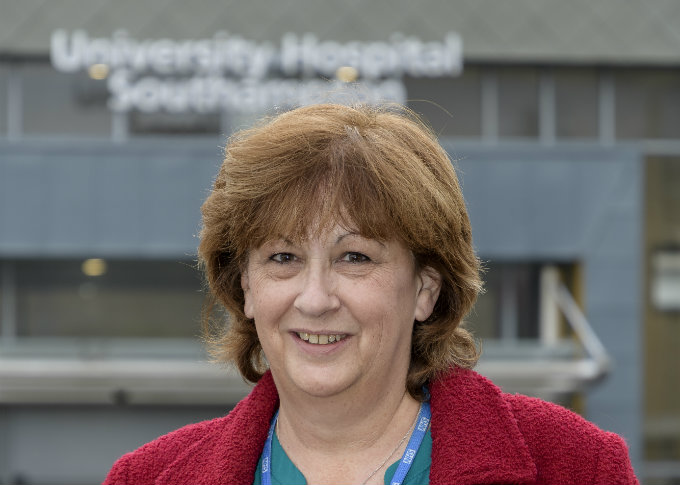
Fiona hopes to see more nurses in this type of role in the future and an increased awareness among health care staff about the complexities of early onset neurocognitive disorders and the importance of interventions like this.
“Having a fully-trained specialist nurse in this role can be a real lifeline to patients and their families,” says Fiona. “Not only can it ensure they access all the care, treatment and support available to them but it also helps relieve some of the stress and emotional burden at this difficult and scary time.”
Making all the difference
When Mandy Rees’s husband Paul was diagnosed with younger onset dementia aged 47, having a specialist nurse like Fiona to support them made all the difference
We knew something was wrong, but getting a diagnosis was a really rocky road. Paul’s memory and recall were suffering and he was forgetting names and faces. He went to the GP three times before he was referred – but this was to the older people’s mental health services where their assessment is tailored for people aged 75 on average.
Paul was given an MRI but the results were almost impossible for us to understand. Out of sheer distress and frustration, I self-referred Paul to a doctor who specialised in early onset neurocognitive disorders. After analysing the MRI results and running some other assessments, he diagnosed Paul with semantic dementia.
It was a very trying time but it would have been a much harder and longer process if it hadn’t been for Dr Kipps and Fiona Chaabane, the specialist nurse working with him at the Wessex Neurological Centre.
Fiona was a lifeline for us at points of trauma and anxiety. She has a wealth of knowledge and was always present at follow-up appointments to help us understand what was happening and what options we had.
She comes to visit us at home and has met with other members of the family too. We have three children and Fiona helped us to explain what was happening and also liaised with our 13-year-old son’s school. She runs a family support group which has been invaluable for me.
Having one central person to go to has been absolutely vital. We felt so helpless and lost but the consistent support from Fiona has helped us to remain sane.
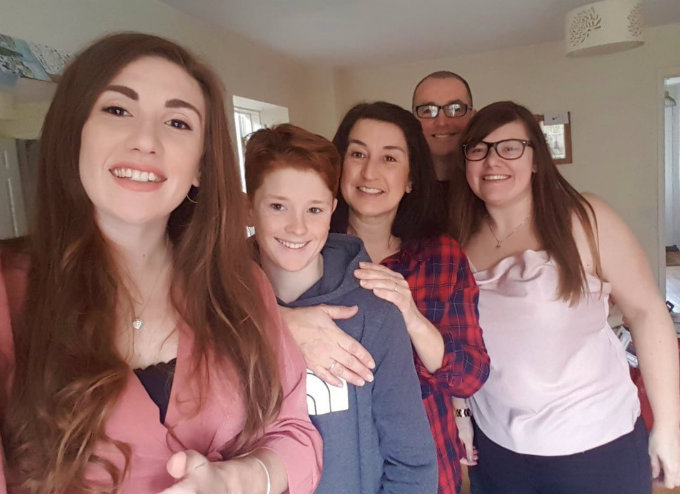
Find out more
To get specific advice on younger onset dementia visit Young Dementia UK
Words by Leah Williams / Pictures of Fiona Chaabane by James Newell


